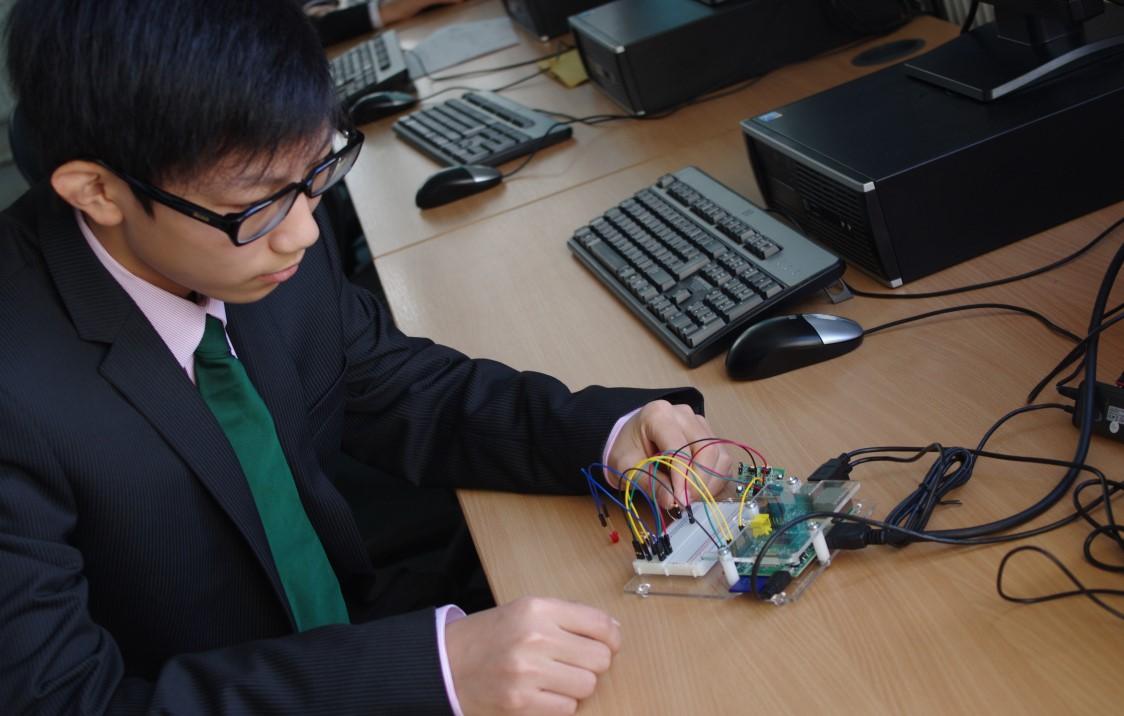
1 minute read
Computing
INTRODUCTION
Computing and computer technology are part of just about everything that touches our lives, from the cars we drive, to the movies we watch, to the different ways in which businesses and governments deal with us.
Understanding different dimensions of computing is part of the necessary skill set for an educated person in the 21st century. Whether you want to be a scientist, develop the latest killer application, or just know what it really means when someone says, “the computer made a mistake”, studying Computing will provide you with valuable knowledge.
The aims of the course are to develop: Computational thinking—thinking about what can be computed and how, and includes consideration of the data required Understanding of the main principals of solving problems by using computers Understanding that every computer system is made up of sub-systems, which in turn consist of further sub-systems Understanding of the component parts of computer systems and how they interrelate, including software, data, hardware, communications and people skills necessary to apply understanding to solve computerbased problems using a high-level programming language
COURSE CONTENT
SECTION 1 THEORY OF COMPUTER SCIENCE
This component will introduce learners to the Central Processing Unit (CPU), computer memory and storage, wired and wireless networks, network topologies, system security and system software among other topics.
SECTION 2 PRACTICAL PROBLEM SOLVING AND PROGRAMMING
This component incorporates and builds on the knowledge and understanding gained in Section 1, encouraging learners to apply this knowledge and understanding using computational thinking. Learners will be introduced to algorithms and programming, learning about programming techniques, how to produce robust programs, computational logic, translators and facilities of computing languages and data representation. Learners will become familiar with computing related mathematics.
BEYOND GCSE
If you take a GCSE in Computing, and then go on to study the subject at A level or degree level, you’ll have an advantage over fellow students who are selecting the subject at these higher levels. The increasing importance of information technologies means there willl be a growing demand for professionals who are qualified in this field.
The course is also an excellent preparation if you want to study or work in areas that rely on the technical skills you will develop, in areas include engineering, financial and resource management, science and medicine.











